Humans in History

Napoleon I (Napoleon Bonaparte) was the first Emperor of the French, rising to power on May 18, 1804.
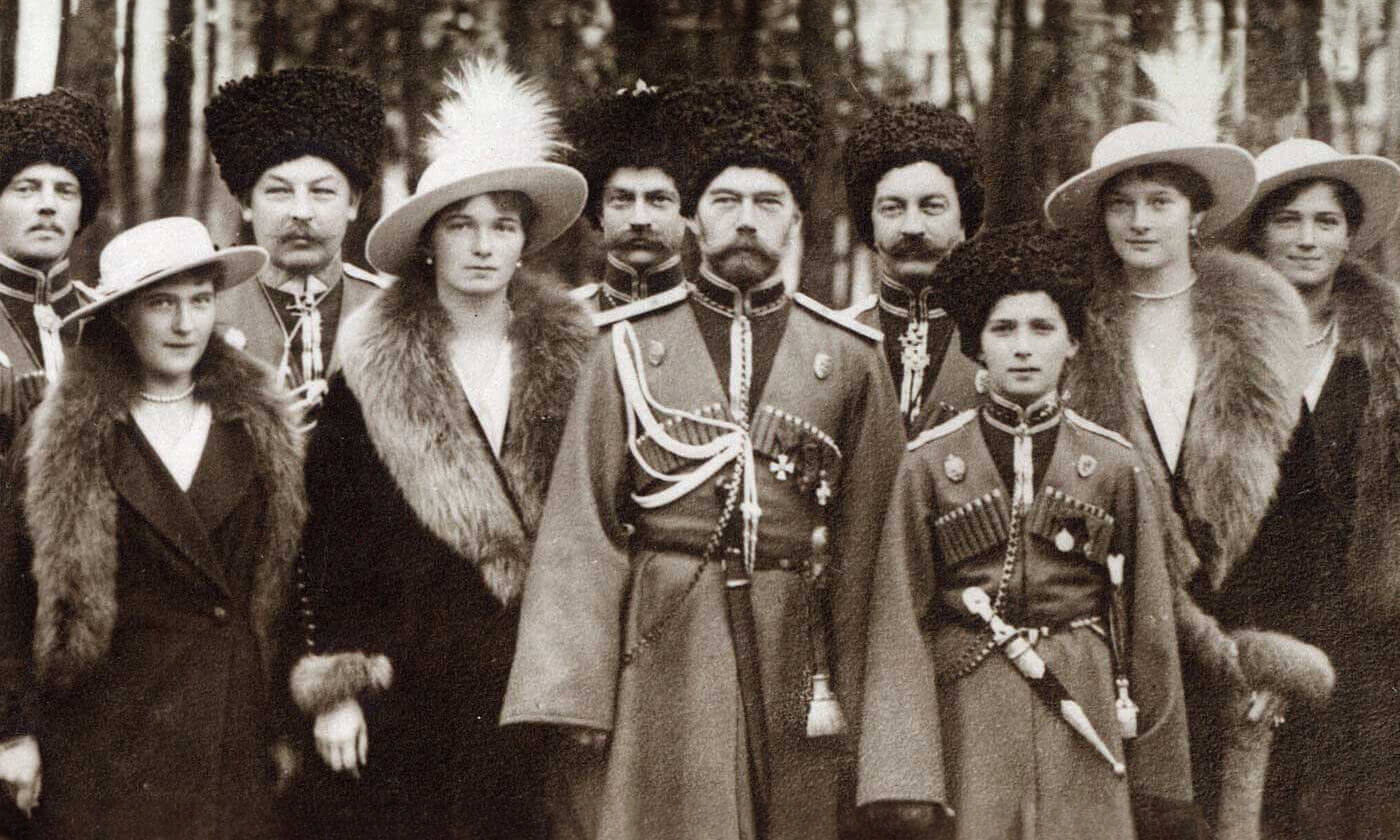
The Romanov family was the last imperial family of Russia.
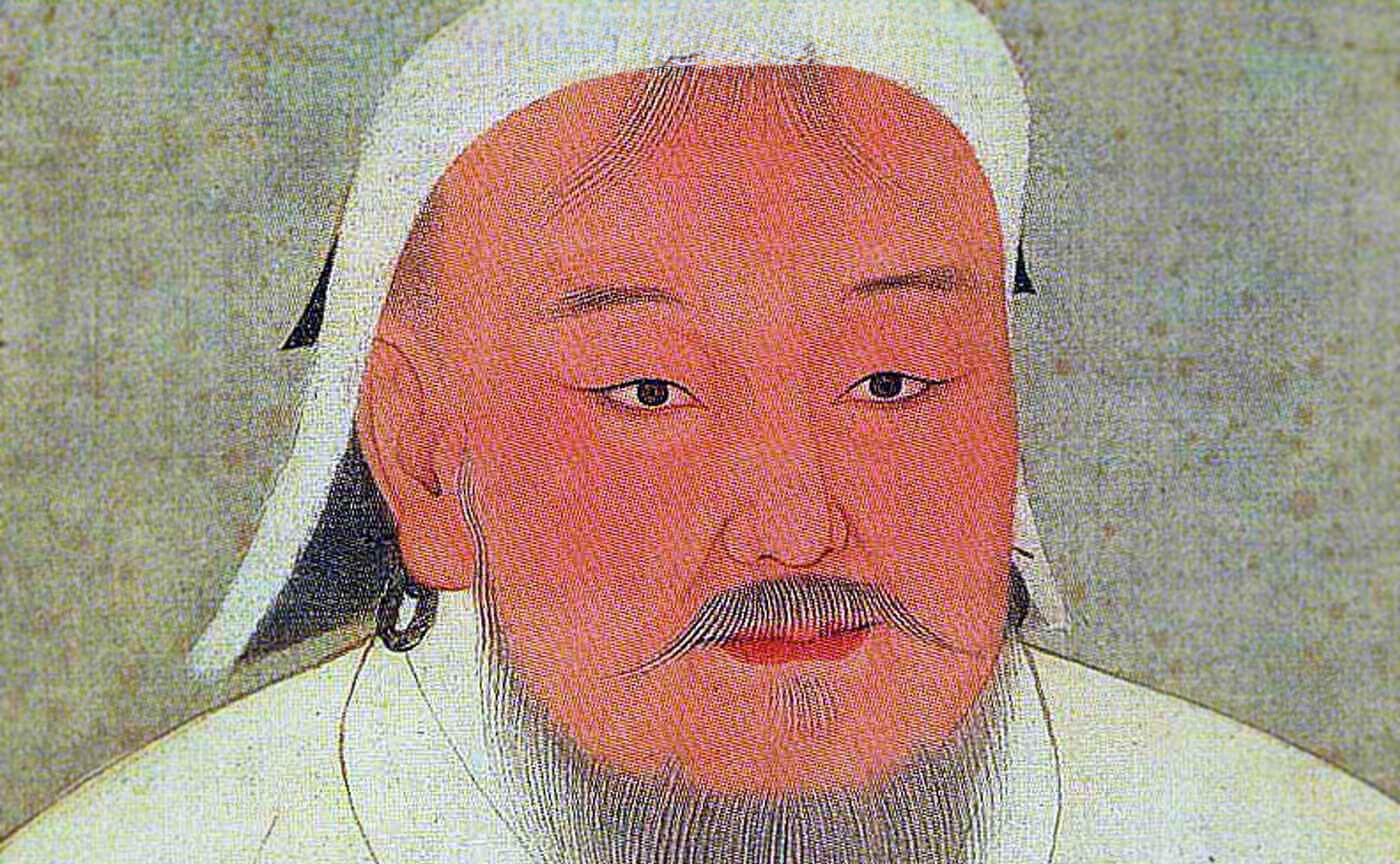
Genghis Khan was a world-renowned 13th century Mongol Emperor. Khan is known to most for his brutality and bloodthirsty conquests...

Nicolaus Copernicus was a renowned astronomer and mathematician from the Renaissance period.
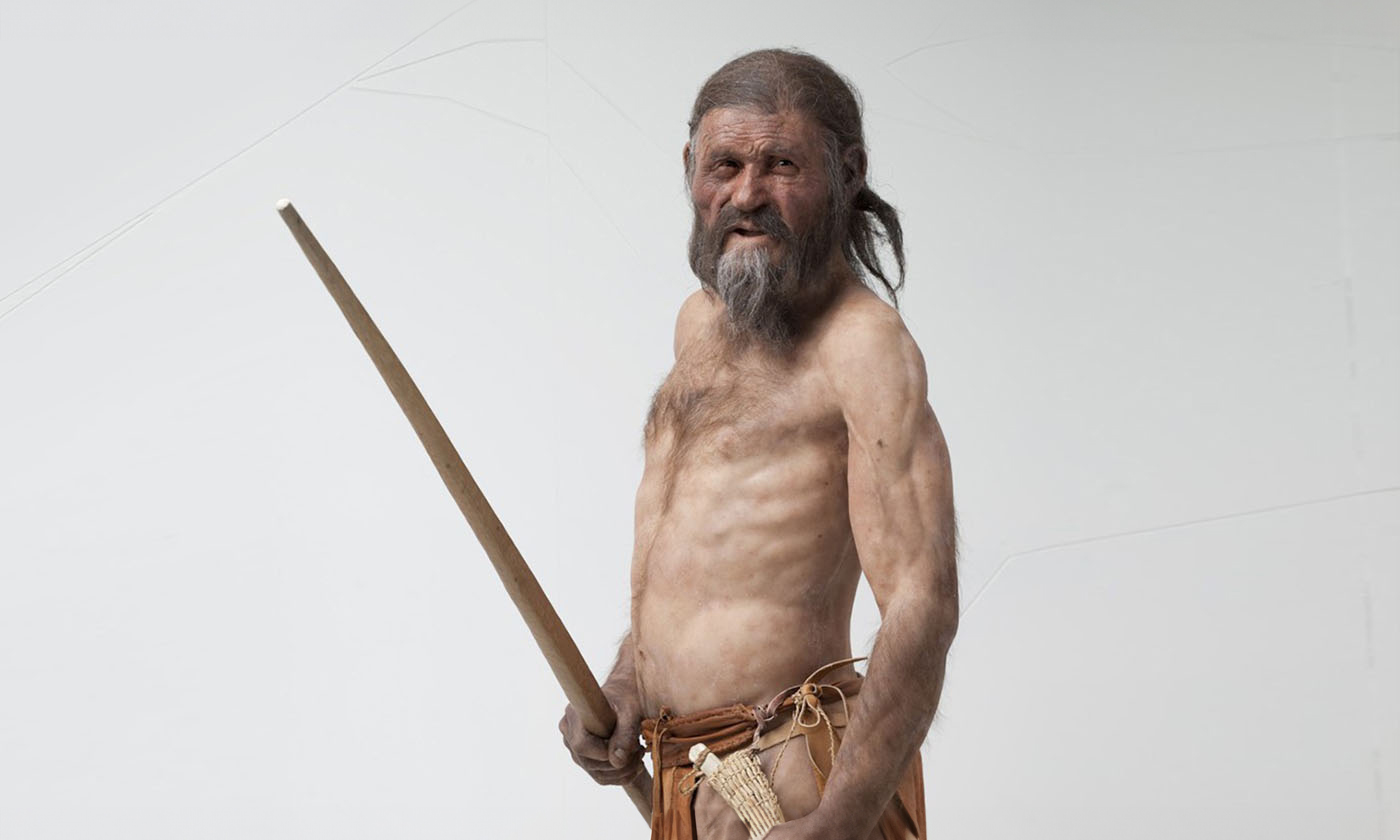
In 1991, the remains of a human mummy were discovered in a glacier near the Austro-Italian border.

The Tomb of the Shroud is a first century tomb at the foot of Mount Zion in Akeldama, Jerusalem. This tomb is one of more than 70 tombs in an area known as the “Field of Blood”.
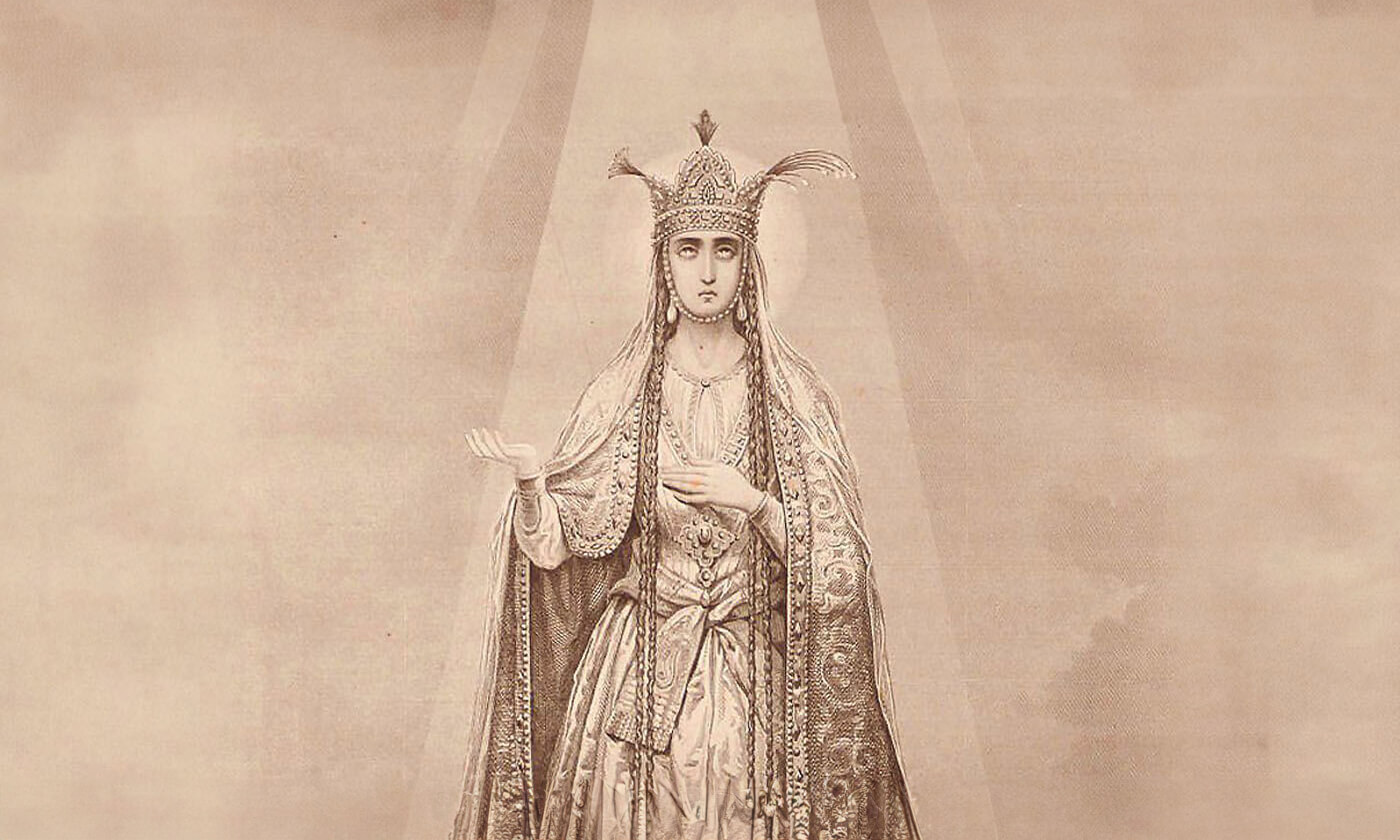
Queen Ketevan was a queen of Kakheti in eastern Georgia. In 1614, she became a prisoner of Shah Abbas I of Iran in a failed attempt to prevent Kakheti from being attacked by the Iranian armies.
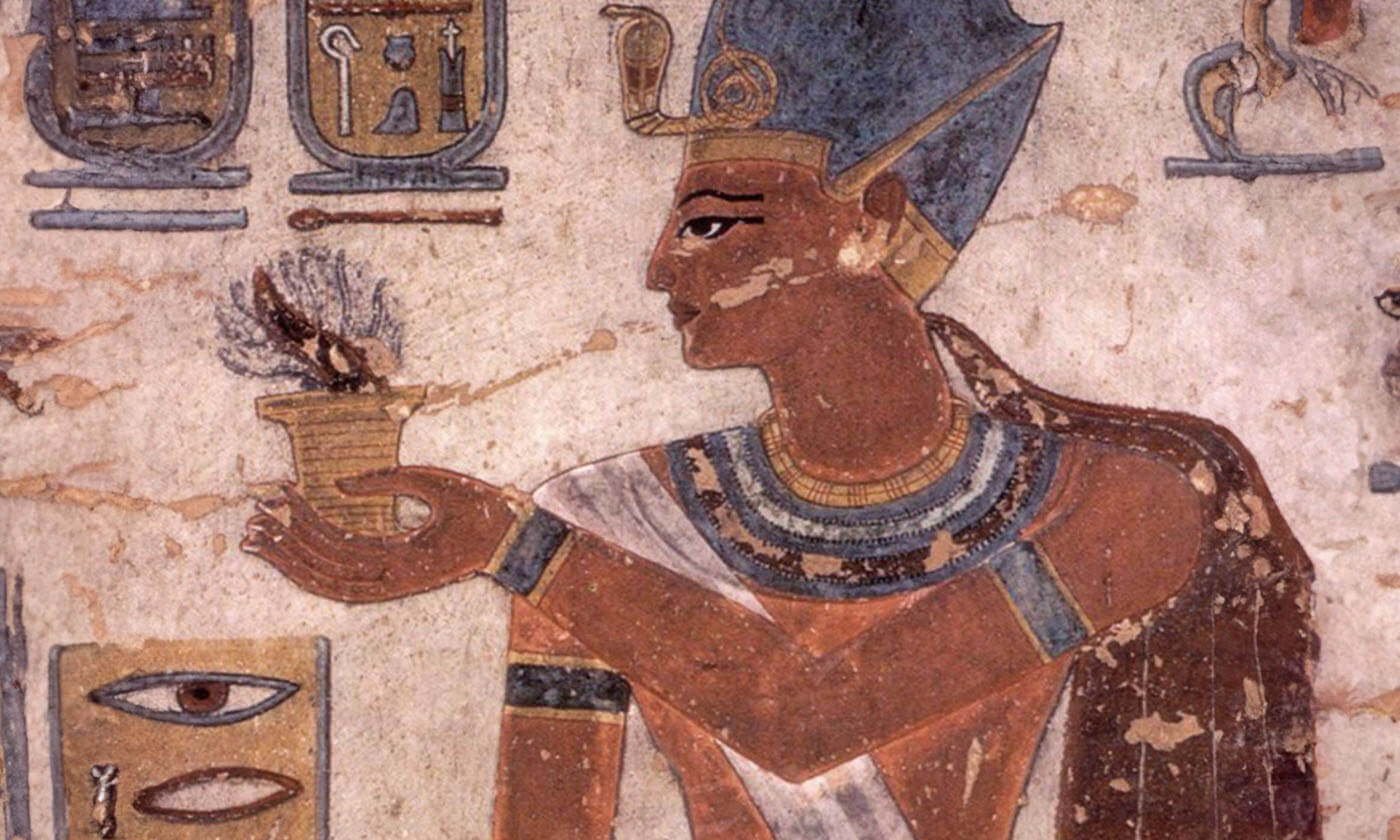
Usimare Ramesses III was the second Pharaoh of the Twentieth Dynasty, ruling Egypt for 31 years from 1186 – 1155 BC.
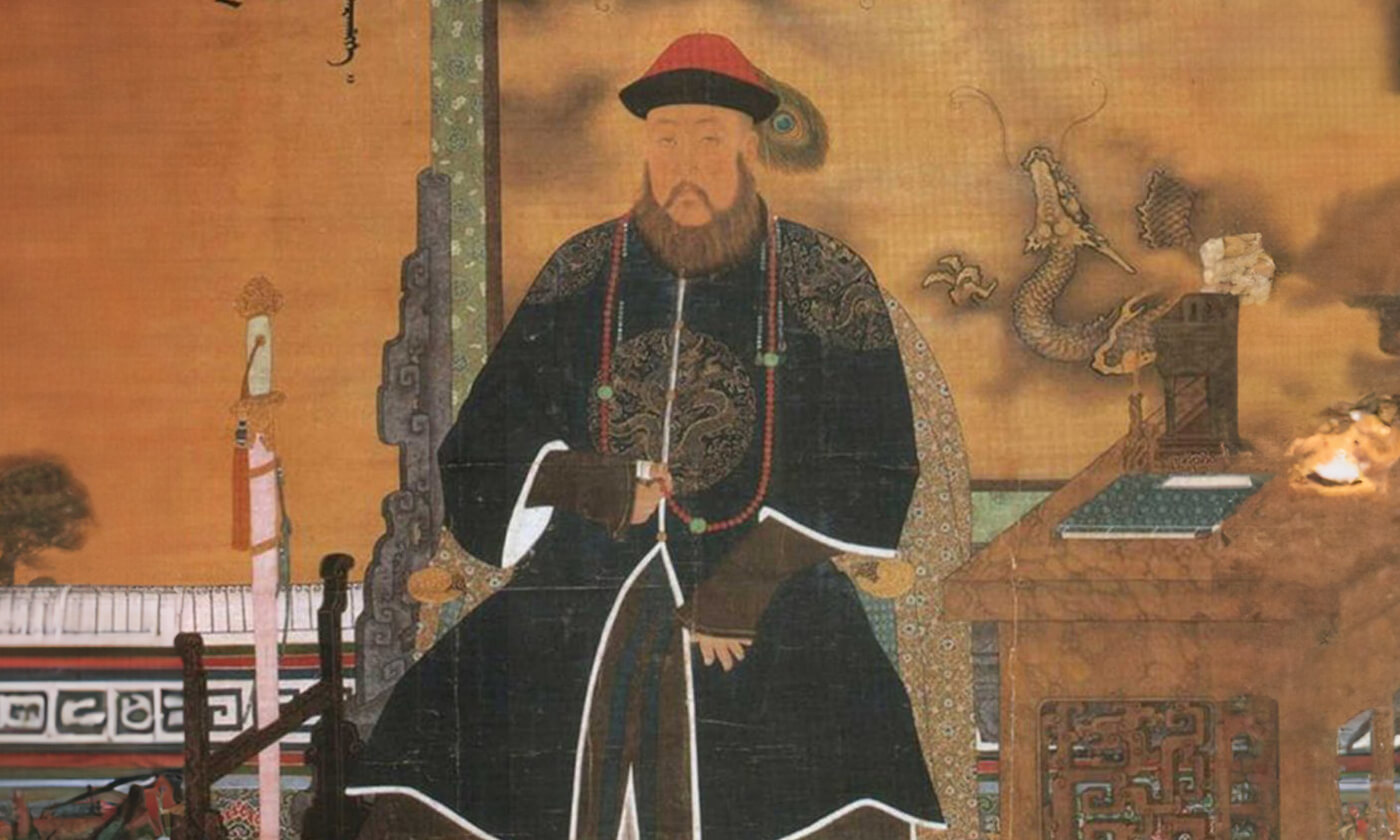
The Qing dynasty was the last dynasty in Chinese history, ruling China from 1644 until the Xinhai Revolution in 1911-1912.
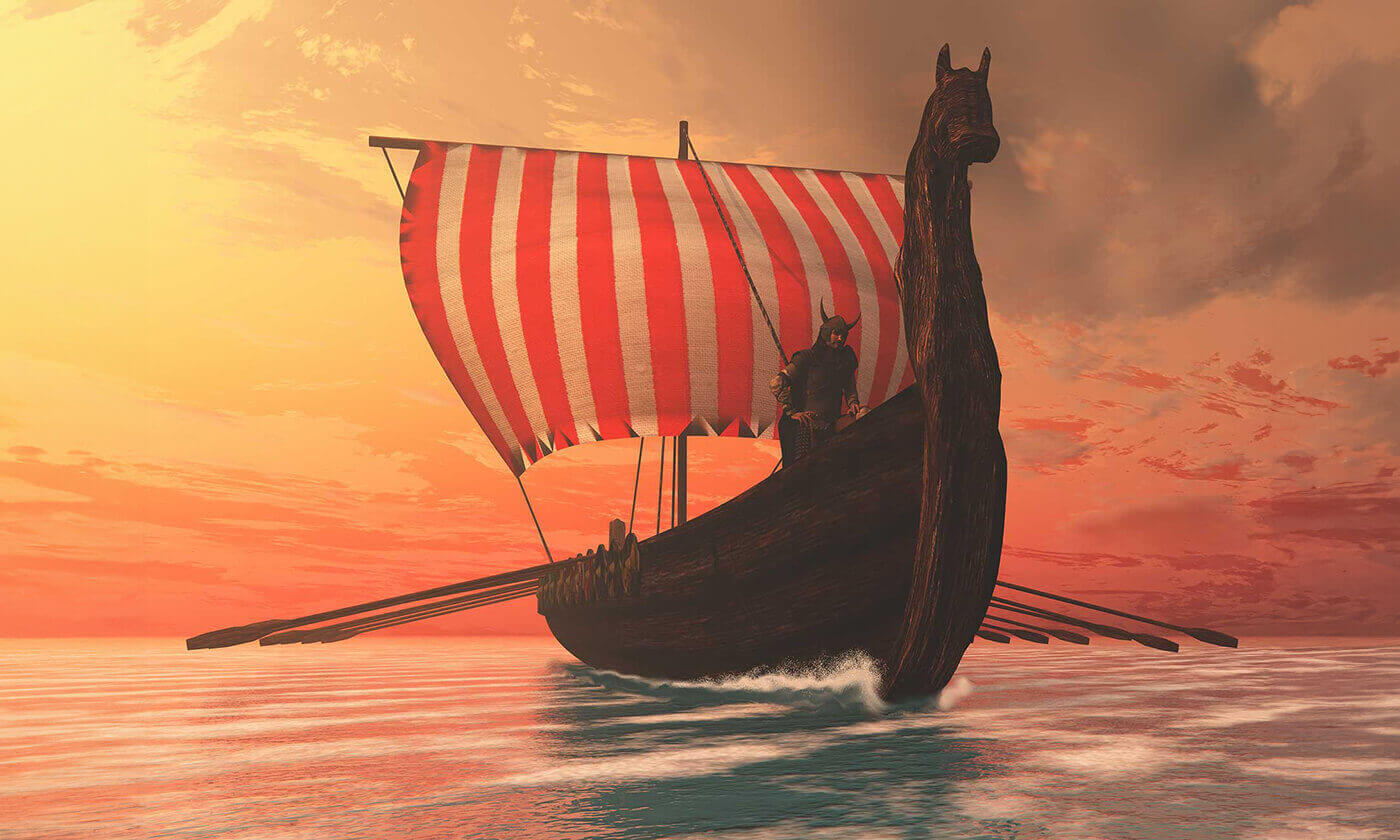
Sven Estridsen was the last Viking King of the Scandinavian Viking Era, which lasted from the 8th century to the 11th century.
Latest news
Researchers have uncovered multiple genes associated with needing less than 6 hours of sleep at night.
Researchers identify 21 modifiable risk factors for reducing the risk of developing Alzheimer’s disease.
Researchers link genetic changes in the region of DNA that define blood type with susceptibility to COVID-19 infections.
Must Reads
With an estimate of 26 million people having taken a DNA ancestry test, genetic genealogy has really taken off in the last couple of years.
With so many countries under lockdown, researchers from around the world are racing against time to develop a vaccine for COVID-19.

